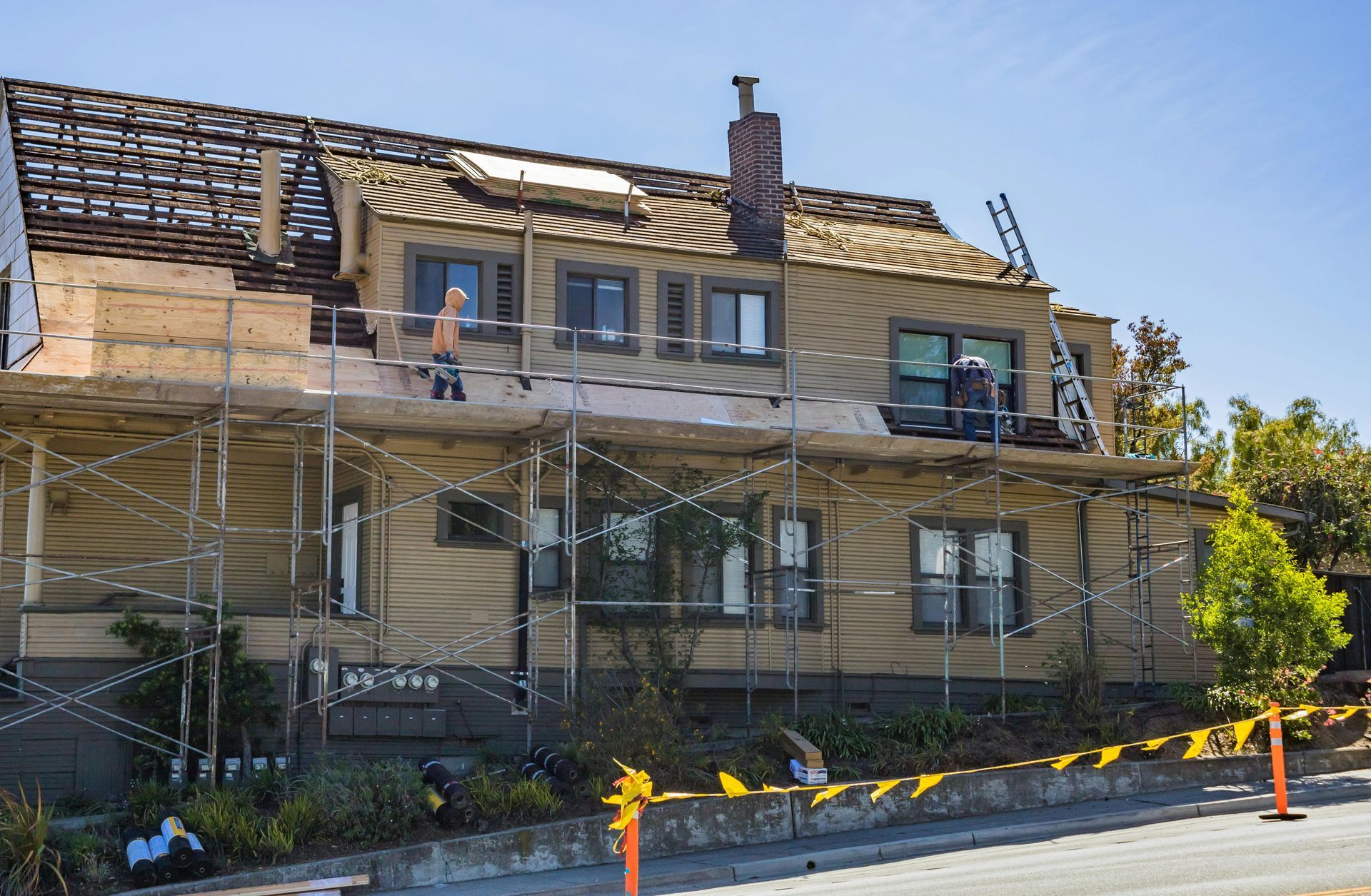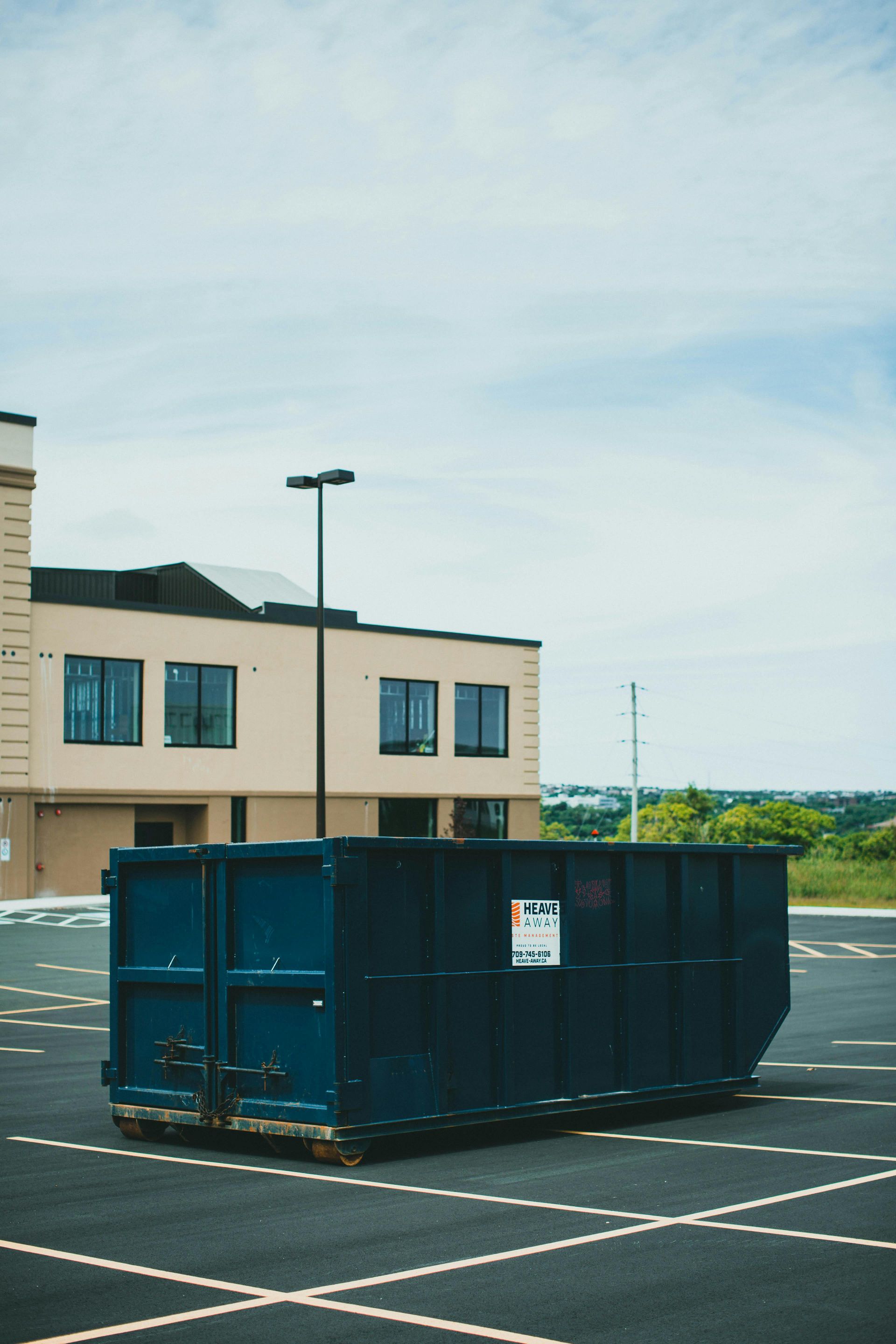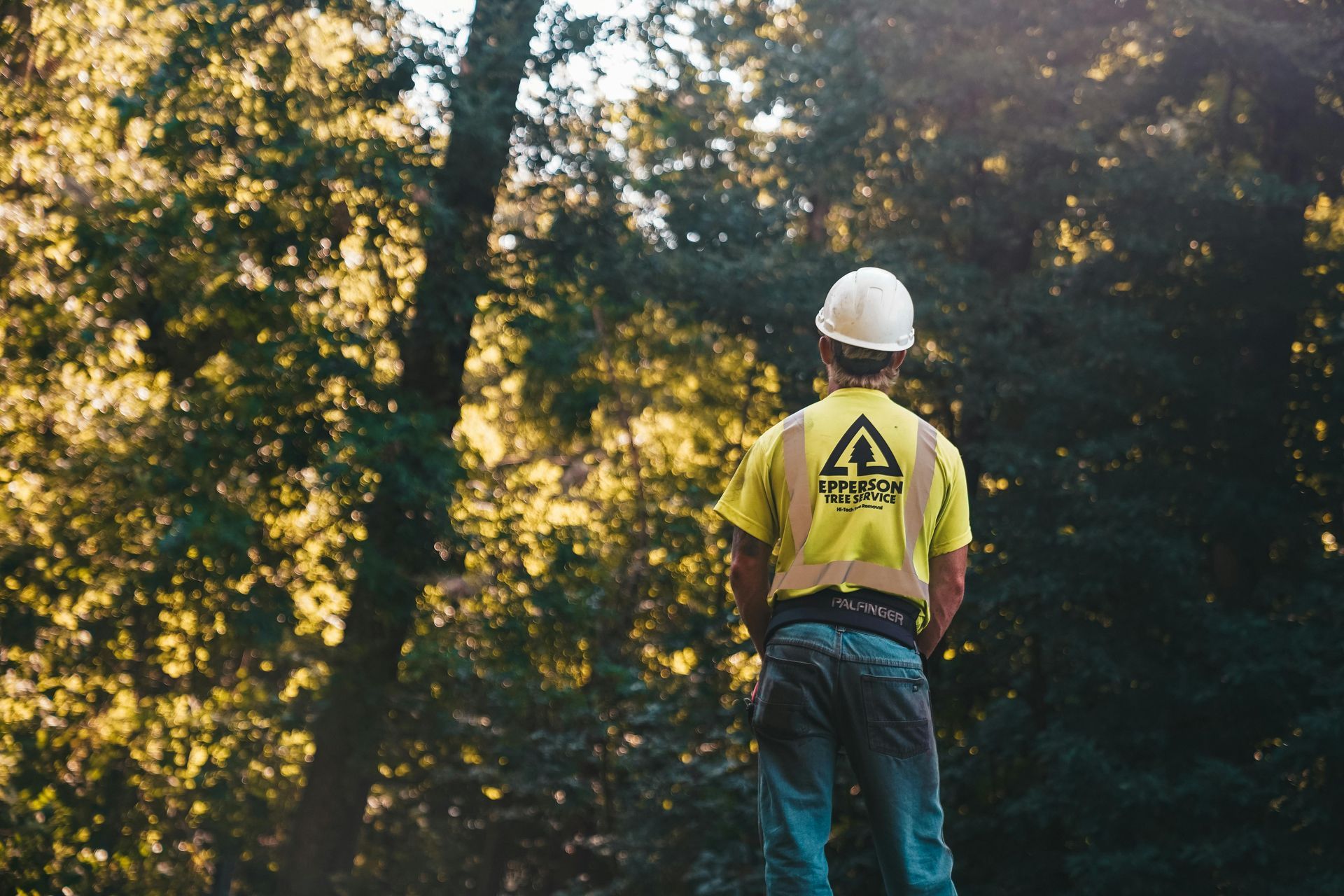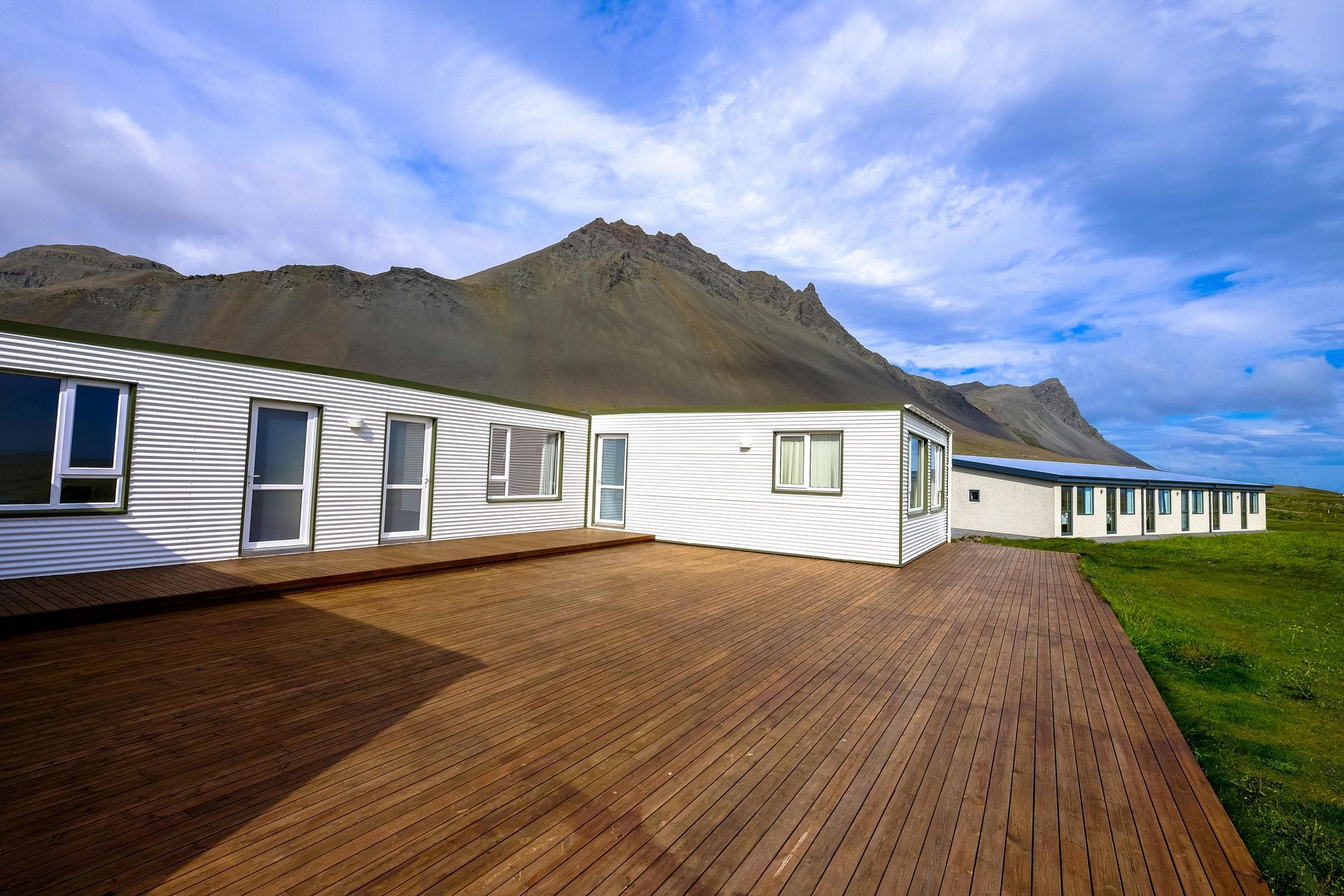How to Make a Landscaping Website: A Step-by-Step Guide for 2025
How to Build a Landscaping Website That Gets You Lots of Customers
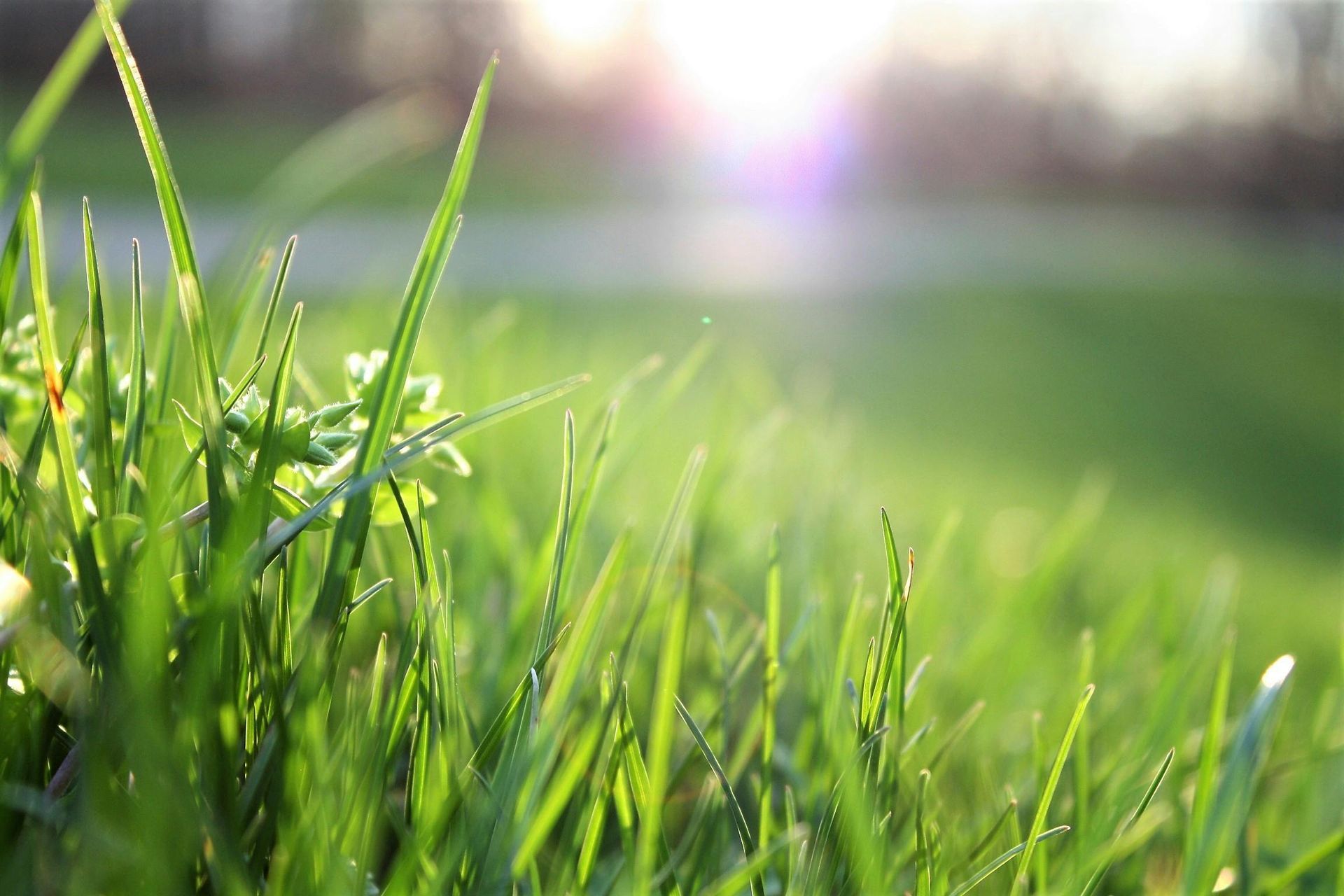
The landscaping business is growing fast! By 2025, it will be worth $347.21 billion. That's a lot of money! But having just any website won't help you get customers. You need a special kind of website that turns visitors into paying customers. This guide will show you how to make a website that brings in real leads for your landscaping business.
Why Most Landscaping Websites Don't Work
Many landscaping businesses have websites that look pretty but don't bring in customers. These websites are like fancy brochures that no one reads. The landscaping industry is growing by 4-6.7% every year. To get your share of this growing market, you need a website that actually works to get you customers.
A study by the National Association of Landscape Professionals found that 86% of homeowners plan to do a landscaping project this year. Your website needs to capture these potential customers!
Top 20 Landscaping Keywords to Target
Based on search volume and competition, here are the top keywords you should include on your website:
- Landscaping near me (301,000 monthly searches)
- Landscaper (450,000 monthly searches)
- Landscaping services near me (33,100 monthly searches)
- Landscaping companies near me (60,500 monthly searches)
- Landscape design (27,100 monthly searches)
- Garden design (90,500 monthly searches)
- Front yard landscaping (22,200 monthly searches)
- Backyard landscaping (40,500 monthly searches)
- Hardscape (40,500 monthly searches)
- Landscape lighting (22,200 monthly searches)
- Lawn maintenance near me (18,100 monthly searches)
- Garden maintenance (9,900 monthly searches)
- Landscaping design (165,000 monthly searches)
- Landscape designers near me (9,900 monthly searches)
- Hardscaping near me (5,400 monthly searches)
- Patio builders near me (3,600 monthly searches)
- Sod installation near me (5,400 monthly searches)
- Irrigation installation (1,000 monthly searches)
- Tree pruning near me (8,100 monthly searches)
- Commercial landscaping (3,600 monthly searches)
Examples of Top-Performing Landscaping Websites
Let's look at some of the best landscaping websites in 2025 to get ideas:
1. Wheat's (www.wheats.com)
What makes it great:
- Content-rich homepage with over 123 indexed pages
- Dedicated service area pages for each location they serve
- "Refer a Friend & Earn Big" referral program that encourages word-of-mouth
2. Lawn Doctor (www.lawndoctor.com)
What makes it great:
- Click-to-call button that's easy to find
- Quote form right on the homepage
- "100% Risk-Free Guarantee" banner that builds trust
- Shows "56+ Years of Experience" and Google star ratings
3. Parkcity Landscaping (www.parkcityinc.ca)
What makes it great:
- Lead form on the homepage
- Shows a form on desktop but a "click to call" on mobile
- All service pages and location pages include calls to action
- Exit pop-up with a special offer
What Pages Your Landscaping Website Must Have:
Home Page
Your home page is like the front door to your business online. It needs to:
- Have a big, clear headline that tells what problems you solve
- Include a simple form at the top of the page to collect visitor information (just ask for name, phone, and email)
- Show before and after pictures of your best work
- Display reviews from happy customers (92% of people trust reviews from others)
- Have buttons that say "Contact Us" or "Get a Free Quote" in several places on the page
Research shows that websites with contact forms on the home page get 5 times more leads!
About Us Page
This page helps people trust you and your landscaping skills:
- Tell your company's story in a friendly way
- Show pictures of your team and mention any special training
- Include a map that shows where you work
- Share stories from happy customers
- Add another contact form with a button that says "Schedule a Free Consultation"
Websites with personal stories get 30% more engagement from visitors.
Service Pages
Make a separate page for each service you offer:
- Lawn mowing and maintenance ($123-$204 per service)
- Landscape design
- Hardscaping (patios, walkways, retaining walls)
- Tree and shrub planting ($50-$100 per tree/shrub)
- Mulching ($0.50-$1.50 per square foot)
- Flower bed installation ($1,000-$3,000)
- Lawn fertilization ($224-$376)
On each service page, include:
- Clear descriptions of what you do
- A form specific to that service
- Price ranges so people know what to expect
- Guarantees of your work
- Before and after pictures
- A big button to request this specific service
Websites with detailed service pages get 116% more leads than those with general service information.
Location Pages
Since there are over 600,000 landscaping businesses in the United States, you need to stand out in your local area:
- Make a separate page for each city or neighborhood you serve
- Mention local parks, landmarks, or common landscaping challenges in that area
- Include testimonials from customers in that specific area
- Add a Google map showing your service area
- Offer special deals for people in that location
Local pages can increase your Google ranking by 25% for searches in those areas!
FAQ Page
Answer common questions to help convince people to hire you:
- Answer questions about prices, how you work, and how long projects take
- After each answer, add a button to contact you
- Use special code (called schema markup) to help your answers show up in Google
- Let visitors ask their own questions (this helps you get their contact info)
Websites with FAQ pages get 30% more time spent on site and higher conversion rates.
Here are some must-have questions for your landscaping FAQ page:
- "How much does lawn maintenance cost in [your city]?"
- "How often should I water my lawn during summer?"
- "What's the difference between hardscaping and landscaping?"
- "Do you offer free estimates for landscaping projects?"
- "How long does a typical landscaping project take?"
- "What types of payment do you accept?"
- "Are you licensed and insured?"
- "Do you offer maintenance plans after installation?"
- "What areas do you service?"
- "What's the best time of year for [specific service]?"
Blog Page
Sharing helpful information shows you're an expert:
- Write articles about seasonal lawn care tips
- Create posts about common landscaping problems in your area
- Share before and after stories of projects you've completed
- End each article with an invitation to contact you
- Add buttons to share your articles on Facebook and other social media
Businesses that blog get 67% more leads than those that don't!
Here are 10 blog post ideas that will help you rank higher:
- "10 Low-Maintenance Plants Perfect for [Your City] Gardens"
- "The Complete Guide to Watering Your Lawn in [Summer/Winter/Fall/Spring]"
- "How to Fix 5 Common Lawn Problems in [Your City]"
- "Before & After: Amazing Backyard Transformation in [Local Neighborhood]"
- "The Best Time to Fertilize Your Lawn in [Your State]"
- "How to Choose the Right Mulch for Your Garden"
- "DIY vs. Professional Landscaping: What's Worth Your Money"
- "7 Ways to Increase Your Home's Value with Landscaping"
- "How to Prepare Your Yard for [Upcoming Season]"
- "Native Plants of [Your Region] That Thrive With Minimal Care"
For each blog post:
- Include at least 3-5 images with descriptive alt text
- Add a table of contents at the top for longer posts
- Break up text with subheadings that include keywords
- End with a clear call-to-action
- Add internal links to your service pages
Enhanced Blog Optimization Strategies
1. Use a Clickable Table of Contents
Add a clickable table of contents at the beginning of each blog post. This helps readers jump to the sections they're most interested in and improves the user experience. It also helps search engines understand your content structure better.
2. Write in a Conversational Tone
Keep your writing style friendly and conversational. Write as if you're talking directly to the reader. Use "you" and "your" frequently to make it personal. This keeps readers engaged and makes complex information easier to understand.
3. Use Transition Words
Add transition words like "first," "next," "however," and "in conclusion" to help readers follow your ideas. These words signal relationships between sentences and paragraphs, making your content flow better and improving readability.
4. Add Semantic Keywords
Don't just use your main keywords. Include related terms and synonyms throughout your content. For example, if targeting "landscaping services," also use terms like "lawn care," "garden maintenance," and "yard work." This helps search engines better understand your content.
5. Keep Paragraphs Short and Concise
Break up your text into short paragraphs of 2-3 sentences each. This makes your content more scannable and less intimidating to read. Remember that most people scan content before deciding to read it fully.
6. Add Interactive Elements
Make your blog posts more engaging by adding:
- Polls asking readers about their landscaping challenges
- Quizzes to help them identify their landscaping style
- Calculators to estimate project costs
- Before/after sliders showing landscaping transformations
7. Optimize for Featured Snippets
Structure some of your content to appear in Google's featured snippets. Use clear questions as headings (like "How much does lawn maintenance cost?") and provide concise answers directly below. This can dramatically increase your visibility in search results.
8. Include Multimedia Elements
Add relevant images, videos, and infographics to break up text and illustrate your points. For example, include videos showing how to properly mulch a garden or infographics comparing different types of landscaping materials.
Technical Things That Help Your Website Get Customers
Mobile-Friendly Design
Most people look at websites on their phones now:
- Make sure your website looks good on phones and tablets
- Use buttons big enough to tap with a finger
- Make sure your website loads quickly (40% of people leave if a site takes more than 3 seconds to load)
- Make phone numbers clickable so people can call you with one tap
- Keep forms short and simple on mobile
Mobile-friendly websites get 67% more leads than non-mobile sites.
SEO (Search Engine Optimization)
This helps people find you when they search on Google:
- Use words like "landscaping in [your city]" throughout your website
- Set up and optimize your Google Business Profile
- Write good titles and descriptions for each page
- Use headings (like H1, H2, H3) to organize your content
- Add descriptions to all your images
Local businesses that optimize for SEO get 35% more website traffic and 25% more leads.
Advanced Ways to Make Your Website Even Better
Citations
These are listings of your business on other websites:
- Make sure your name, address, and phone number are exactly the same everywhere online
- List your business on websites like Yelp, Angie's List, and HomeAdvisor
- Fully complete your Google Business Profile with photos and services
- Join your local Chamber of Commerce website
- Ask happy customers to leave reviews (businesses with 40+ reviews get 3x more leads)
Here's a checklist of the top 10 citation sites for landscapers:
- Google Business Profile
- Yelp
- HomeAdvisor
- Angie's List
- Better Business Bureau
- Thumbtack
- Houzz
- Nextdoor
- Yellow Pages
- Local Chamber of Commerce
Backlinks
These are links to your website from other websites:
- Partner with local businesses like garden centers or home builders
- Sponsor community events and get mentioned on their websites
- Write articles for home and garden websites
- Get featured in local news for special projects
- Join landscaping associations that list member websites
Websites with quality backlinks rank 50% higher in Google searches.
Try these 5 proven ways to get quality backlinks:
- Create a scholarship for local students interested in horticulture or landscaping
- Donate services to a community garden and get mentioned on their website
- Write a guest post for a local real estate agent's blog about increasing home value with landscaping
- Partner with complementary businesses (like pool installers or home builders) for referrals and links
- Join and get listed on industry association websites like the National Association of Landscape Professionals
Schema Markup
This is special code that helps Google understand your website better:
- Add LocalBusiness schema to tell Google about your business
- Use Review schema to show star ratings in search results
- Add FAQ schema to get your questions featured in Google
- Include Service schema to highlight what you offer
- Add Organization schema to build your brand
Websites with schema markup get 30% more clicks from search results!
Need Help Building Your Lead-Generating Website?
While Snapps.ai makes website building easier, many landscaping business owners are too busy mowing lawns and planting flowers to build their own websites.
Our team specializes in building websites that generate leads specifically for landscaping businesses. We handle everything from design to SEO, making sure your website brings you new customers consistently.
Want a website that brings you new landscaping customers every day?
Email us at serge@digileadgenbot.com to discuss your project and get a free website review to see how many leads you're missing out on.
Conclusion
A good landscaping website can be your best salesperson, bringing in new customers 24/7. The landscaping industry is growing to $347.21 billion, and a lead-generating website helps you get your share of this huge market.
Whether you build it yourself using Snapps.ai or get our team to do it for you, investing in a lead-generating website is one of the smartest moves for your landscaping business in 2025.
Click here to try Snapps.ai and start building your lead-generating website today





